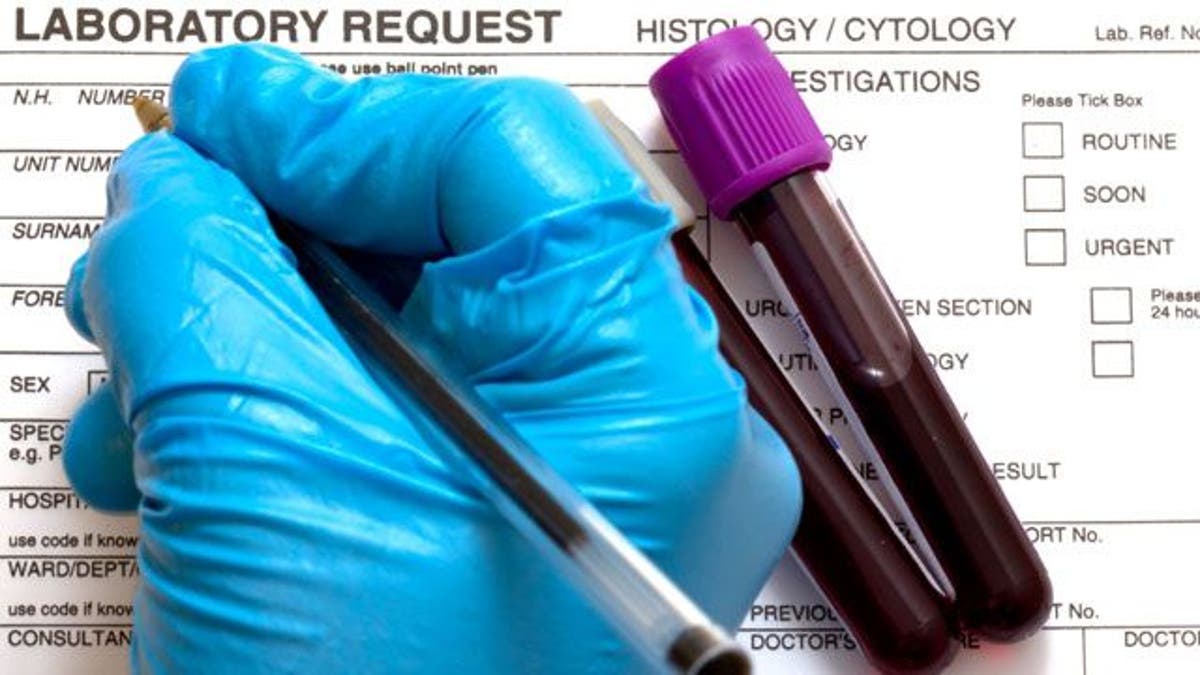
A blood test used to screen for chromosomal abnormalities in a developing fetus may also detect early-stage maternal cancers, Medical News Today reported.
Noninvasive prenatal testing (NIPT) is a blood test that assesses fetal DNA within an expectant mother’s bloodstream to look for extra chromosomes that may put the baby at risk of Down syndrome, Edwards syndrome or Patau syndrome. It is only offered for high-risk women or those who may be unable to undergo invasive prenatal tests.
In research published in JAMA Oncology, study authors identified three genomic abnormalities that resembled those found in cancer. The abnormalities, which were found in three women, were not linked to maternal or fetal chromosome profiles, so the team referred the women to the oncology unit at Centre for Human Genetics at UZ Leuven in Belgium, where research was being conducted.
One of the women had inactive cancer and was not treated, but the other two underwent chemotherapy. After their treatment, the women’s genomic profiles returned to normal.
Researchers noted that, statistically, finding three women with cancer among their more than 6,000 study participants was in line with the general population— one in every 1,000 to 2,000 women ages 20 to 40.
But they believe the NIPT allowed them to find the cancers earlier; without the test, the women would likely have been diagnosed after they experienced symptoms, at a much later stage.
“During pregnancy, cancer-related symptoms may well be masked; fatigue, nausea, abdominal pain, and vaginal blood loss are easily interpretable as a normal part of being pregnant. NIPT offers an opportunity for the accurate screening of high-risk women for cancer, allowing us to overcome the challenge of early diagnosis in pregnant women,” principal investigator professor Joris Vermeesch, head of the laboratory for cytogenetics and genome research at UZ Leuven, said in a news release.
Researchers added that more studies are needed to validate their findings, but they are confident they are closer to an effective, noninvasive diagnostic technique for early-stage cancers.
